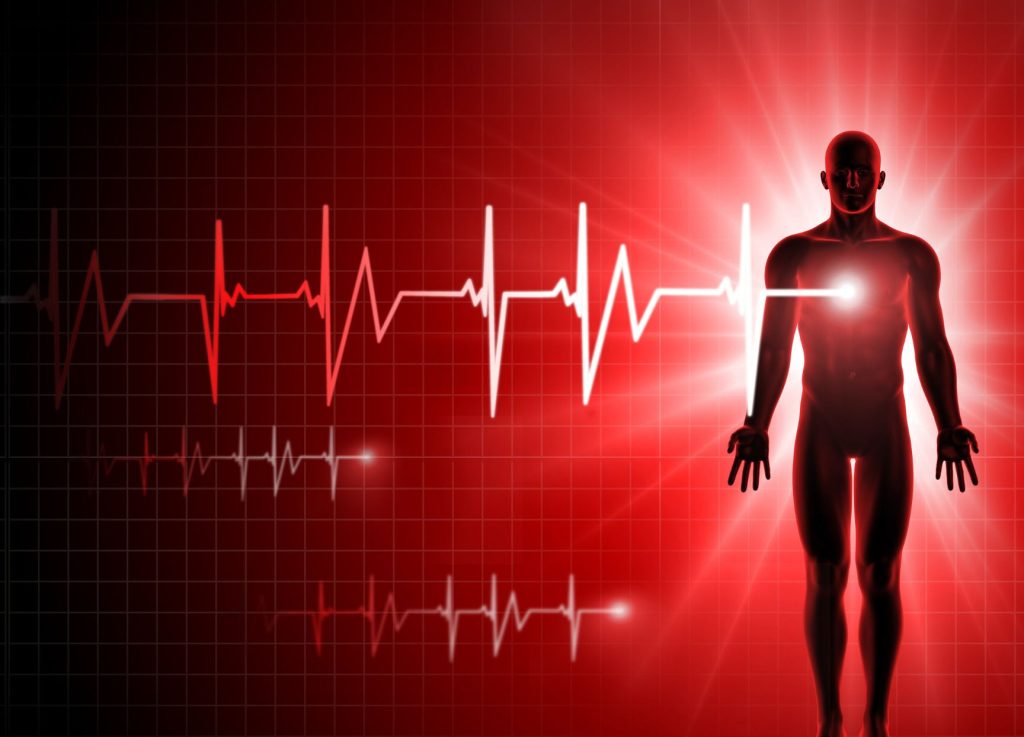The Connection Between Stress and SVT: What You Should Know

Stress is a part of modern life, but when it becomes chronic or overwhelming, its effects extend far beyond mood or mental health. One lesser-known impact is the way stress can influence heart rhythm disorders, including supraventricular tachycardia (SVT). Understanding how stress and SVT are connected is essential for both prevention and effective management.
What Is Supraventricular Tachycardia?
Supraventricular tachycardia is a situation in which the heart beats much faster than usual, all of a sudden, because of strange electrical signals coming from the upper chambers. The heart may beat at 150 to 250 beats per minute during an episode, making the person feel dizzy, worried, or short of breath. SVT isn’t always life-threatening, but having a lot of episodes can make daily life hard and cause a lot of worry.
How Stress Affects the Heart
Stress activates the body’s “fight or flight” response. This means that adrenaline and cortisol levels rise, blood pressure increases, and the heart works harder to prepare for a perceived threat. This reaction is helpful for short periods of time, but long-term stress keeps the body on edge, which makes the heart more likely to have irregular rhythms.
For individuals prone to SVT, stress can act as a trigger, increasing the likelihood of sudden episodes. Even if a person is otherwise healthy, stress can create an environment where the heart’s electrical pathways misfire, leading to the rapid heartbeat characteristic of SVT.
Recognizing Stress-Induced Episodes
Episodes of SVT often begin suddenly and may be linked to moments of high tension or emotional strain. People may notice that their heart starts racing after a heated argument, during a stressful work deadline, or even when they are feeling anxious about health concerns themselves. These stress-induced episodes can create a cycle: the stress triggers SVT, and the SVT episode increases anxiety, leading to even more stress.
Symptoms may include:
- A rapid, pounding heartbeat
- Dizziness or faintness
- Shortness of breath
- Chest discomfort
- A sense of panic or fear
Because these symptoms overlap with anxiety, it is important for individuals to get a proper diagnosis from a healthcare professional to confirm whether SVT is present.
Breaking the Stress–SVT Cycle
Managing both stress and SVT requires a proactive approach. Here are some strategies that may help:
- Relaxation techniques: Deep breathing, meditation, and yoga can reduce the body’s stress response, lowering the chances of triggering an episode.
- Lifestyle habits: Adequate sleep, regular exercise, and a balanced diet support overall heart health and reduce stress levels.
- Limit stimulants: Caffeine, nicotine, and alcohol can heighten stress responses and increase the risk of arrhythmias.
- Professional help: Talking with a counselor or therapist can provide healthy coping strategies for chronic stress.
- Medical management: For frequent or severe SVT, doctors may prescribe medications or recommend procedures such as catheter ablation to correct abnormal pathways.
When to Seek Medical Care
Although stress can trigger SVT, not every episode is dangerous. Still, recurring episodes should not be ignored. Anyone experiencing frequent rapid heartbeats, fainting, or chest pain should consult a healthcare provider. A medical evaluation can determine whether stress is the primary factor or if another underlying heart condition is present.
Final Thoughts
Stress and SVT are closely linked, with emotional strain often acting as a powerful trigger for episodes. By learning to recognize the signs of supraventricular tachycardia and adopting both stress-management techniques and medical support when needed, individuals can take greater control of their heart health. While eliminating stress completely is impossible, reducing its impact can go a long way toward keeping both the mind and heart in balance.





